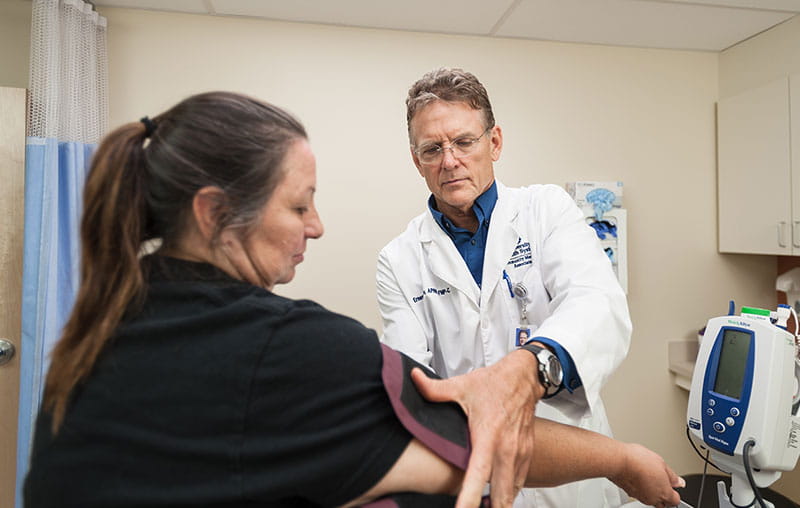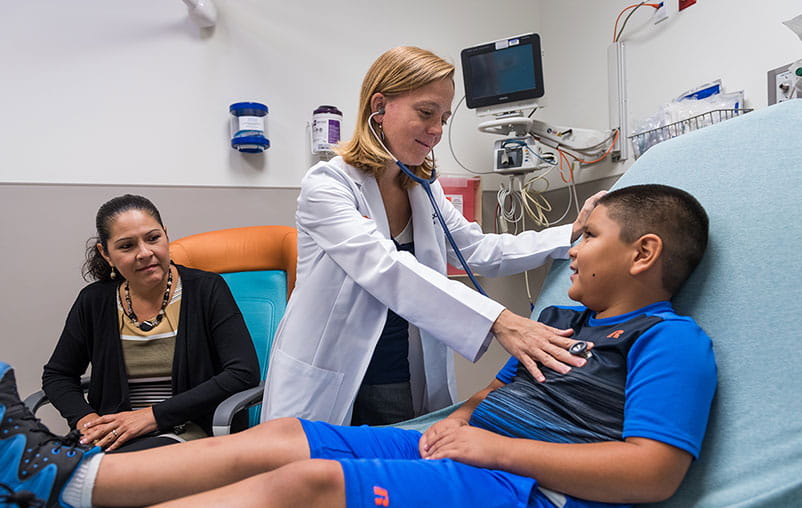Wondering whether you can keep exercising during pregnancy? In most cases, not only can you exercise, but you should.
Regular physical activity is an important component to good overall health. But when you’re pregnant, you might have questions about what’s safe for you and for your baby.
The good news is: In nearly all instances, exercise during pregnancy is safe. The American College of Obstetricians and Gynecologists states, “Physical activity during pregnancy does not increase your risk of miscarriage, low birth weight, or early delivery.”
To determine what is safe for you during pregnancy, it’s important to talk with your OB/GYN, who can provide you with a personalized recommendation. But in general, if you regularly worked out before pregnancy, you can usually continue with your workout regimen during pregnancy, as long as you’re feeling up to it.
What’s the benefit of exercise during pregnancy?
Regular physical activity helps lower your risk of many medical conditions and keeps you feeling mentally and physically healthy.
There are also some specific benefits to being physically active during pregnancy:
- Eases pregnancy health issues. Exercise can help lower your risk of back pain and keep things moving in your gastrointestinal system.
- Helps you maintain a healthy weight. Weight gain is natural during pregnancy, and being physically active can help you achieve healthy weight gain, as recommended by your doctor.
- Decreases the risk of complications. Women who exercise during pregnancy may be less likely to develop gestational diabetes and preeclampsia, and may be less likely to require an unplanned cesarean section.
- Makes it easier to lose “baby” weight. Being physically active throughout pregnancy can help moms lose weight following delivery.
Staying strong and healthy by being physically active can help you prepare for labor and delivery.
What kinds of exercise can I do during pregnancy?
Experts recommend that most adults get at least 150 minutes of moderate physical activity each week, or just over 20 minutes per day. That’s also the recommendation for pregnant women.
But what kind of physical activity should you be doing? That depends on what you were already doing before pregnancy. If you were a runner, for example, you can usually continue your preferred activity, as long as you modify it when you need to.
If you didn’t exercise regularly before pregnancy, start slow and easy, then build up as you’re able.
You can safely do many types of physical activity, such as:
- Brisk walking or jogging
- Swimming
- Water aerobics
- Riding a stationary bike
- Participating in exercise classes such as aerobics, yoga or Pilates
Strength-training workouts are also doable. Talk with your doctor about how much weight you can safely lift as you progress through pregnancy.
Will I need to adapt my workout during pregnancy?
Probably! Because your body is changing throughout your pregnancy, you will likely need to make some accommodations.
Your doctor can recommend specific changes based on your needs, but there are some general adaptations that can help you stay active and safe.
Pregnancy-related hormones make the ligaments around your joints less stable, so it’s important to make slow and steady movements during workouts. Avoid any movements that are “jerky” or high-impact.
Remember that your balance will shift as your pregnancy progresses. Incorporate some balance exercises into your workout routine to help you lower your risk of falling as your body adjusts.
It will also become more difficult to breathe during pregnancy because your body needs more oxygen. Keep an eye on how you’re feeling while exercising, and take breaks when you’re short of breath.
If you experience anything during a workout that seems out of the ordinary, stop the activity and talk with your doctor.




